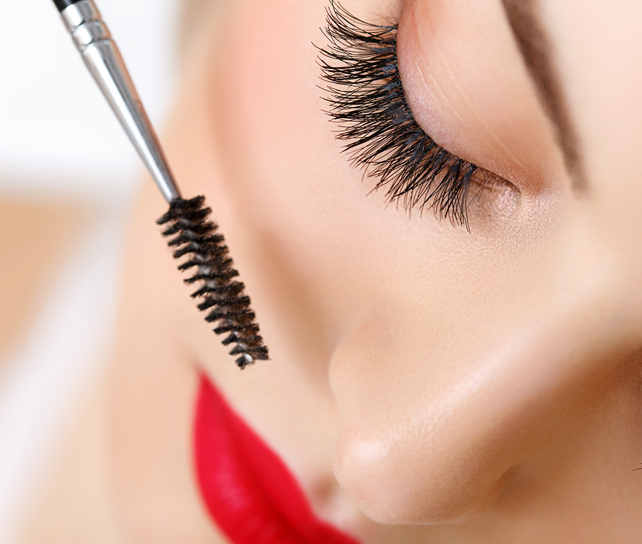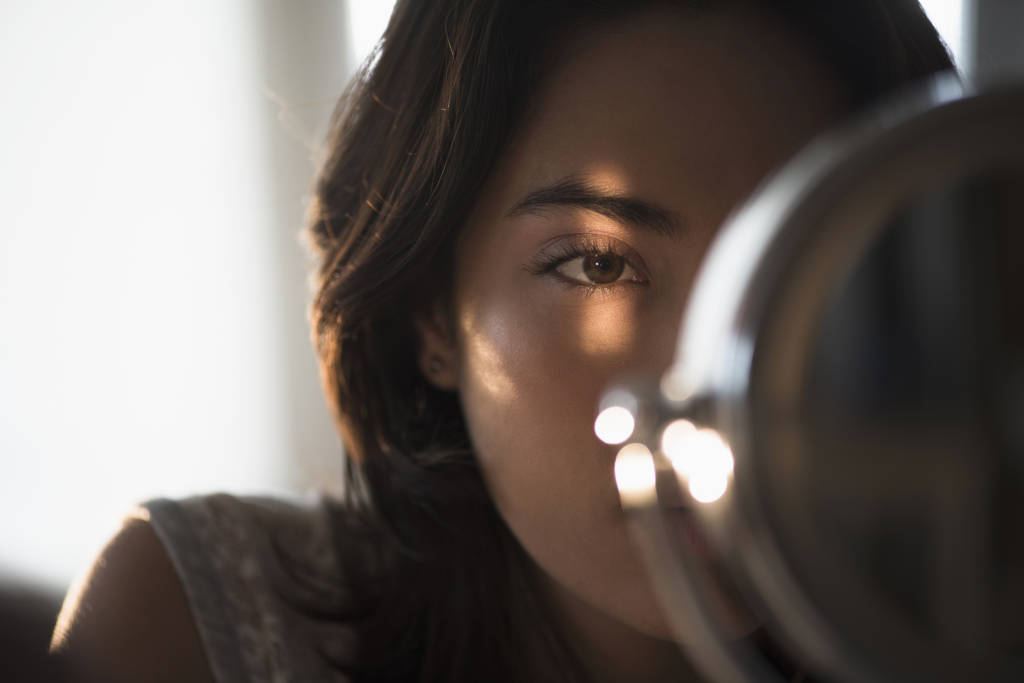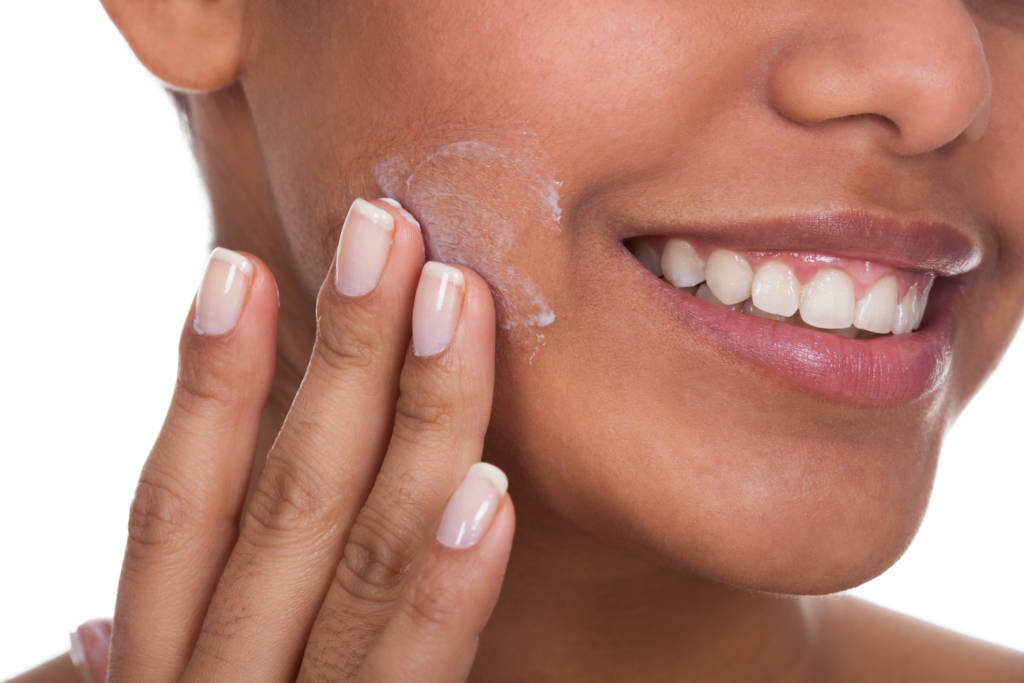Viti who? If you don’t know someone who has been affected by this skin disease there is a good chance you may not be familiar with it. In short, vitiligo is the discoloration of the skin. There is no known cure for vitiligo but there are treatments that can improve its appearance and thus help people affected by the disease.
Vitiligo is characterized by the destruction of melanocytes (pigment cells) that either die or stop producing melanin — the pigment that gives your skin, hair and eyes, color. This lack of pigment production causes the skin that is affected to lose color in blotches. The discoloration is most apparent on sun-exposed areas, such as the hands, feet, arms, face and lips.Vitiligo can start at any age, but most often appears during teenage years. This can include:
• Skin discoloration
• Premature graying of the hair on your scalp, eyelashes, eyebrows or beard
• Loss of color in the tissues that line the inside of your mouth and nose
• Loss or change in color of the inner layer of the eyeball
• Discolored patches around the armpits, navel, genitals and rectum

Vitiligo mainly affects your skin pigmentation, but it is not only a cosmetic issue. It is a disease caused by certain genes. People affected are more susceptible to skin cancer and skin aging because of the lack of pigmentation. In addition to affecting the skin, it can also affect a person physiologically through their autoimmune response and thus affects functions such as the thyroid gland, the amino glands, the joints causing arthritis, and diabetes.
diabetes
Treatment
According to the Mayo Clinic, no drug can stop the process of vitiligo. But some drugs, used alone or with light therapy, can help improve your skin’s appearance. It’s important to consult with your doctor to see which treatment works best for you:
- A topical corticosteroid may help to (repigment) your skin, particularly if you start using it early in the disease. It can cause side effects, such as skin thinning or the appearance of streaks or lines on your skin.
- Light therapy: This treatment uses narrow band UVB light. The best results are achieved on the face, trunk, and limbs.
- Laser therapy: This procedure brings color back to patches of light skin by treating them with an excimer laser, which uses a specific wavelength of UVB light. Side effects can include redness and blistering.
- Removing the remaining color (depigmentation). This therapy may be an option if your vitiligo is widespread and other treatments haven’t worked. Side effects can include redness, swelling, itching and dry skin. Depigmentation is permanent, and you’ll always be extremely sensitive to sunlight.
- Skin grafting: In this procedure, your doctor removes very small sections of your normal, pigmented skin and attaches them to areas that have lost pigment. This procedure is used if you have small patches of vitiligo. Possible risks include infection, scarring, a cobblestone appearance, spotty color and failure of the area to recolor.
- Blister grafting: In this procedure, your doctor creates blisters on your pigmented skin. He or she then removes the tops of the blisters and transplants them to an area of discolored skin. Possible risks include scarring, a cobblestone appearance and failure of the area to recolor.
- Tattooing (micro pigmentation): In this technique, your doctor implants pigment into your skin. It’s most effective around the lips, especially in people with darker skin. Risks include difficulty matching the skin color, the tendency of tattoos to fade and their inability to tan. Also, the skin damage caused by tattooing may trigger another patch of vitiligo.
- Ginkgo biloba may return skin color in people with slow-spreading vitiligo. Research has also shown that folic acid and vitamin B-12 plus sunlight may restore skin color for some people.

NEXT: Liver Spots? Age Spots? How To Get Rid of Them






